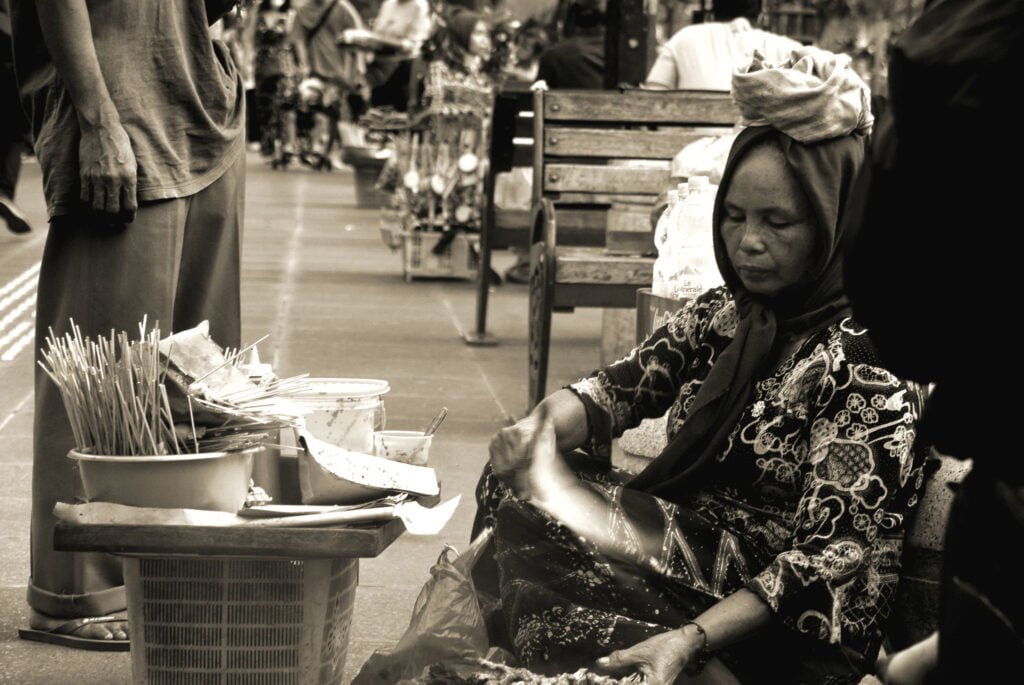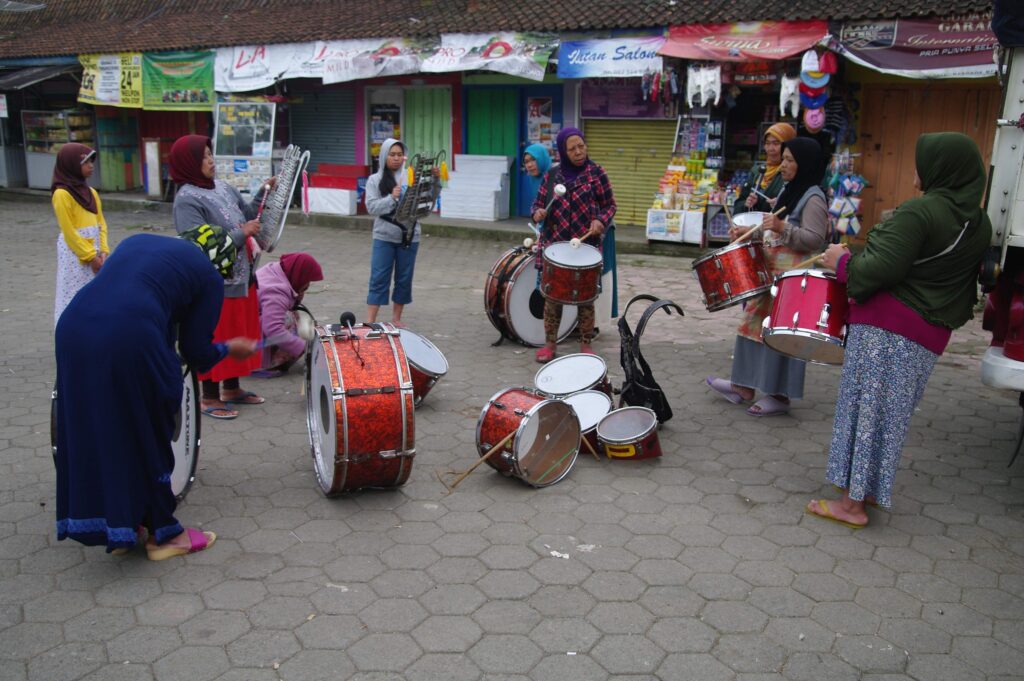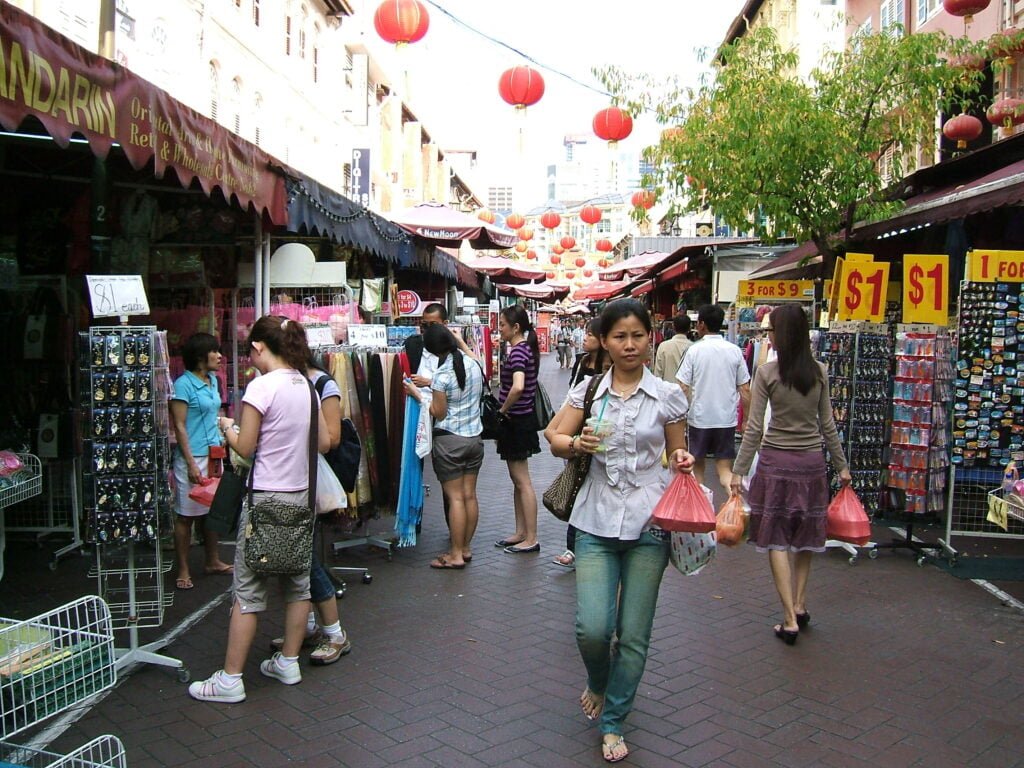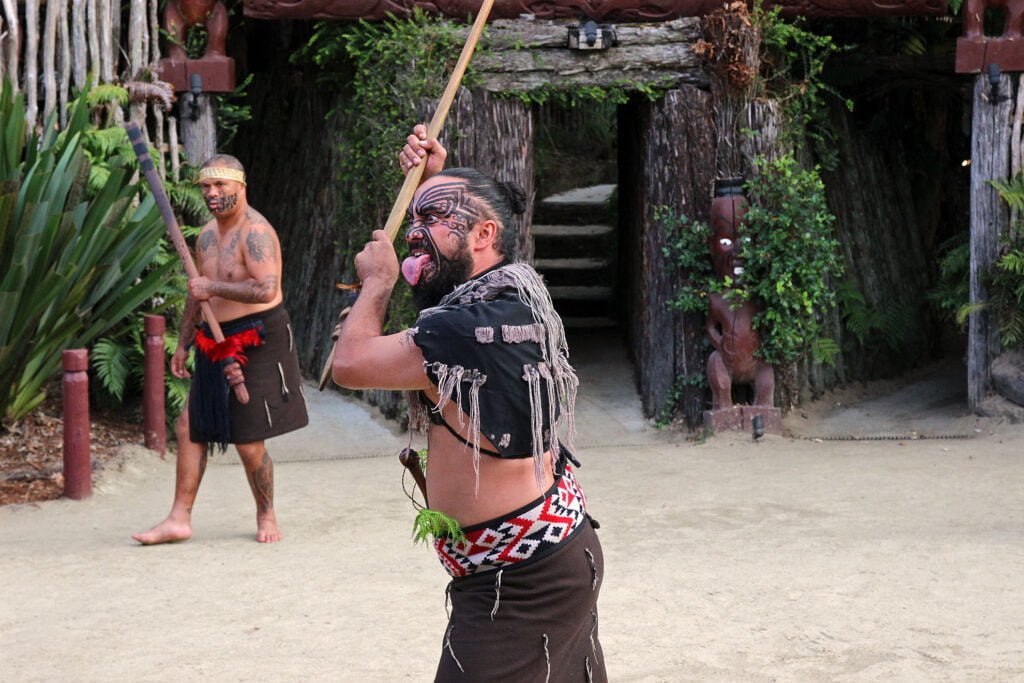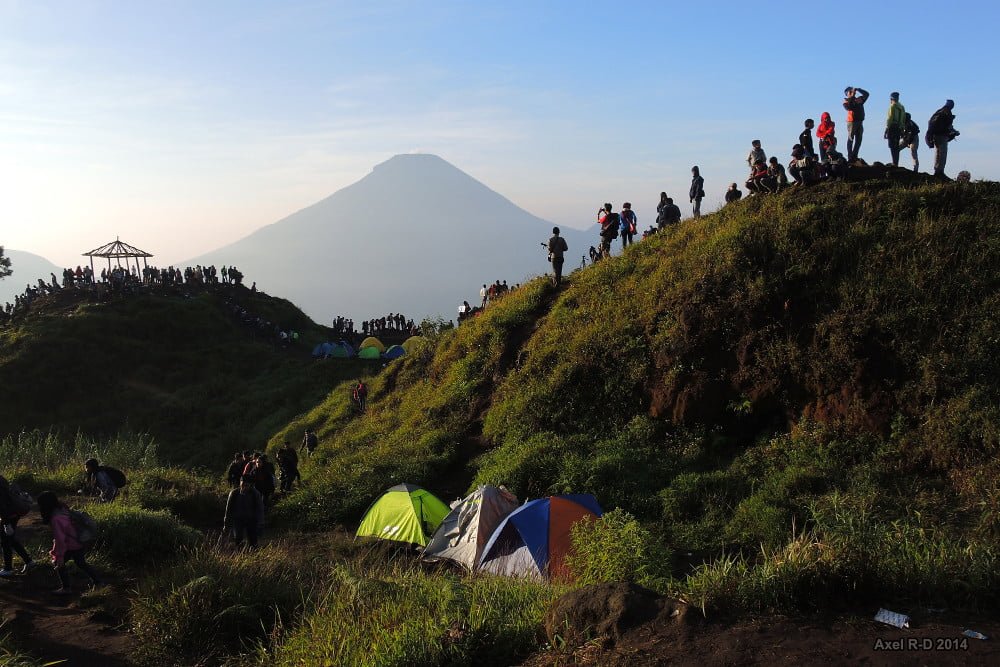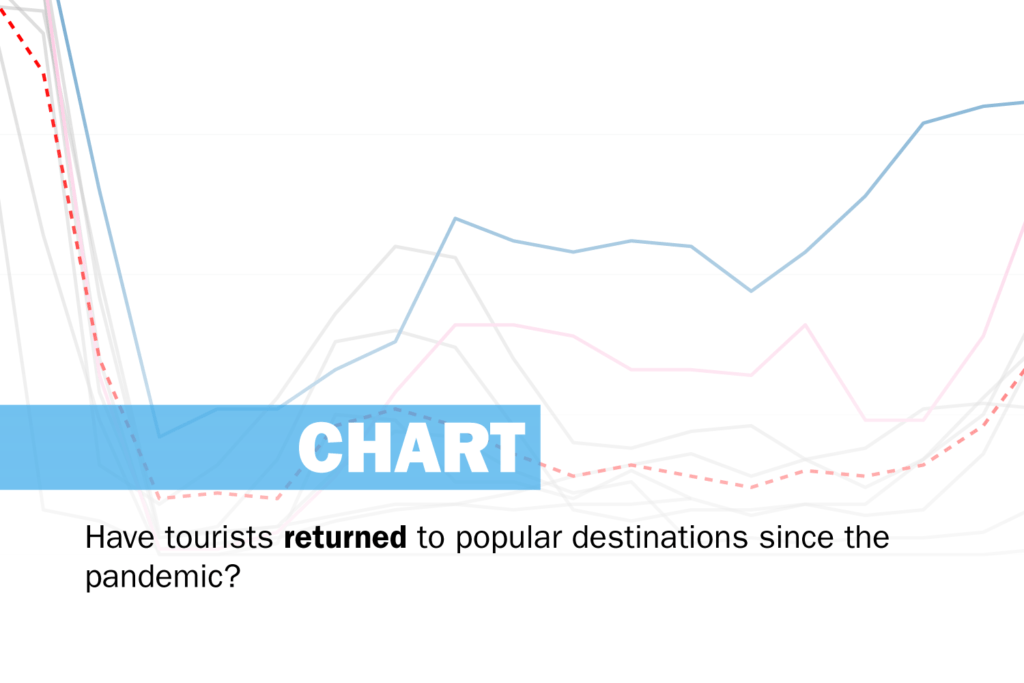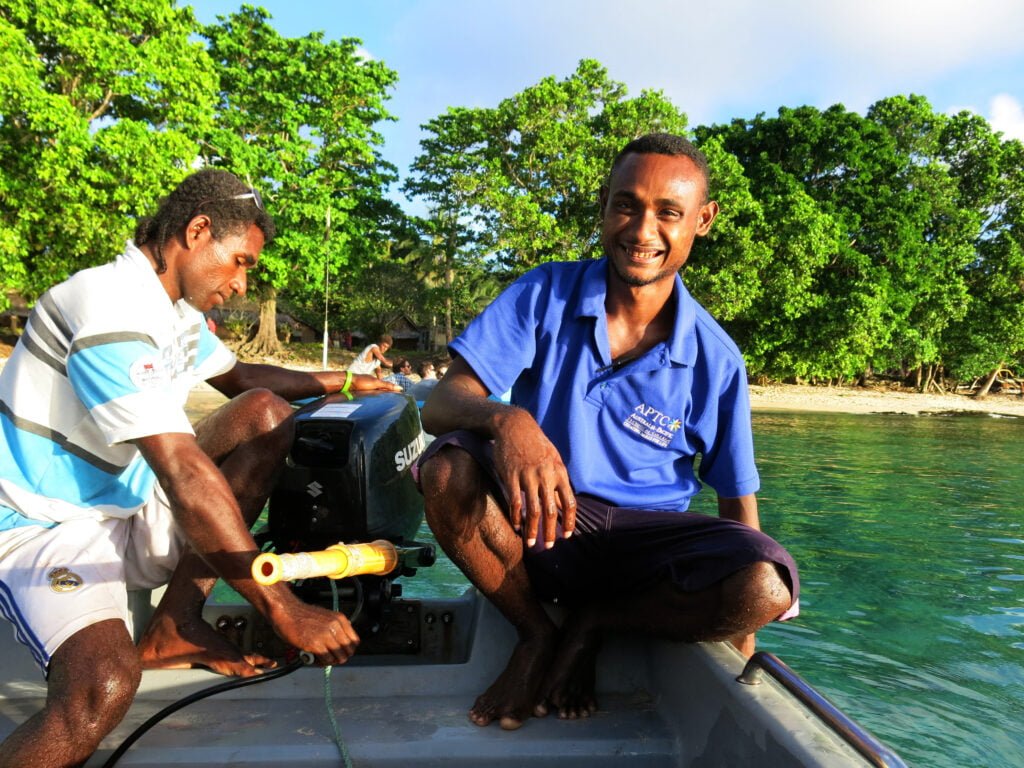Tourism isn’t the problem, mass consumption is. Here’s how we can shift the dial.
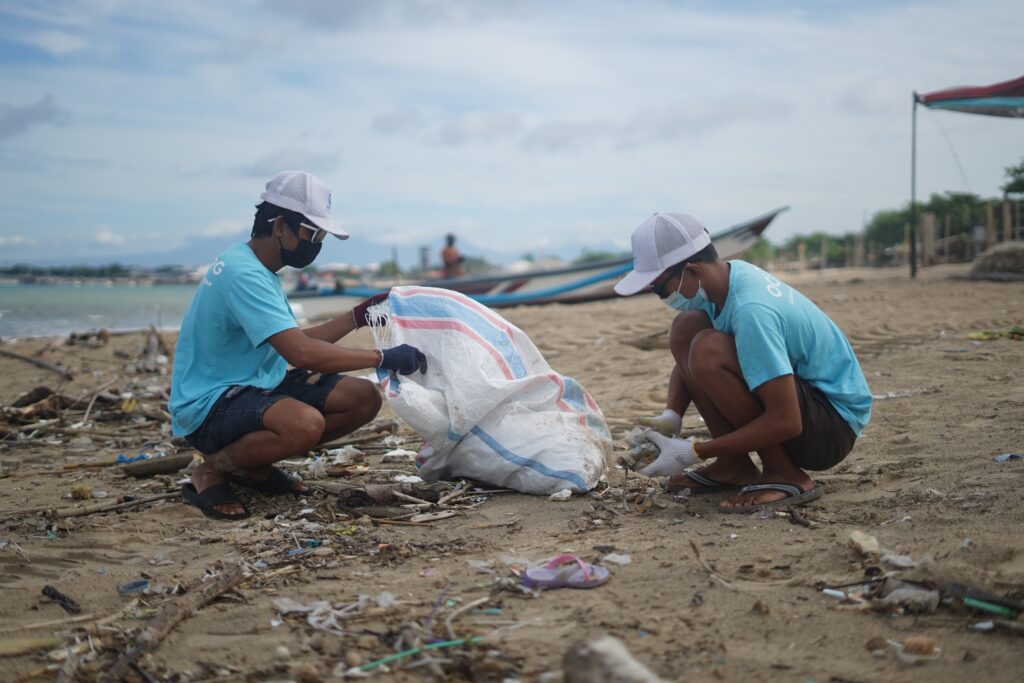 Once-popular beaches have had to be shut down in the face of mass tourism. : OCG Saving The Ocean/Unsplash Unsplash license
Once-popular beaches have had to be shut down in the face of mass tourism. : OCG Saving The Ocean/Unsplash Unsplash license
Tourism isn’t the problem, mass consumption is. Here’s how we can shift the dial.
Glaring issues plagued destinations dependent on tourism even prior to COVID-19. Overtourism overwhelmed communities — depleting resources, damaging environments and pricing out locals from their own neighbourhoods.
Rather than a rush to return to business as usual as international travel restarts, an opportunity exists to rethink how we do tourism. While many are focused on the role of tourism in post-pandemic economic recovery, tourism that emphasises social cohesion and sustainable consumption will contribute to a healthier tourism future.
Overconsumption in mass tourism led to the degradation of local ecosystems. Once-pristine sites that tourists come to see, like Maya Bay on Phi Phi Leh Island in Thailand, have had to be shut down to recover. An emphasis on catering for and privileging tourists’ needs created social problems, including inflated prices making locations unaffordable for locals.
Understanding tourism’s role in the economy is important when considering options outside of tourism revenue. In mass tourism, the bulk of revenue does not always go back to the community. Investors can come from different, often foreign locations, taking their profits with them. Locals are often left doing poorly paid menial jobs and do not receive the maximum financial benefits from the industry.
The COVID-19 pandemic has shown what’s important in life: health, social connection and the natural environment. Collaborative consumption centres on more ethical forms of economic exchange. This includes supporting locally-owned businesses and prioritising the needs of the local community and natural environment. Collaborative consumption also focuses on the intangible aspects of economic transactions, including cultural immersion.
In volunteer tourism, the exchange between cultures is at the heart of transactions. Tourists who want a more ‘authentic’ and meaningful connection with locals stay for longer periods of time. The money they spend is more likely to filter into local livelihoods and businesses, rather than large scale-tourism hot spots. Rather than exploitative, profit-driven exchanges, volunteer tourism tends to focus on exchanges that are mutually beneficial. It puts the needs of the community above profits.
For example, Arte del Mundo, a not-for-profit volunteer tourism organisation in Ecuador, provides opportunities for local communities and visiting tourists to work together on projects for the local community. The organisation created spaces where children could come after school to read, play and be creative with international volunteer tourists. The library is a buzzing community space for creative activities. It hosts Intercambio, a language exchange program for adults and tourists and a small community theatre. However, with any form of consumption, even ethical consumption, volunteer tourism runs the risk of being heavily monetised and geared towards profits.
When volunteer tourism is commodified, projects can be manufactured to meet the needs and desires of tourists, rather than having a meaningful contribution to locals. The framing of volunteer tourism as a ‘development aid’ rather than as a cultural form of tourism recalls problematic neo-colonial stereotypes of poor communities being ‘needy’ and tourists as ‘saviours’. This takes the focus away from the root causes of poverty, such as inequality and poor resource management. Volunteer tourism can avoid this by focusing on creativity, joy, play and mutual intercultural exchange.
Tourism can be done with a focus on social justice if it moves away from monetary exchanges. Collaborative consumption shifts the power balance in more equal ways between tourists and hosts — crucial in achieving peace and justice in tourism. The opportunities for doing tourism differently in the future are endless.
Dr Phoebe Everingham is a teacher and researcher at the University of Newcastle, Australia. She holds a PhD in Human Geography and is an internationally recognised critical tourism scholar.
She declares no conflict of interest.
Originally published under Creative Commons by 360info™.



